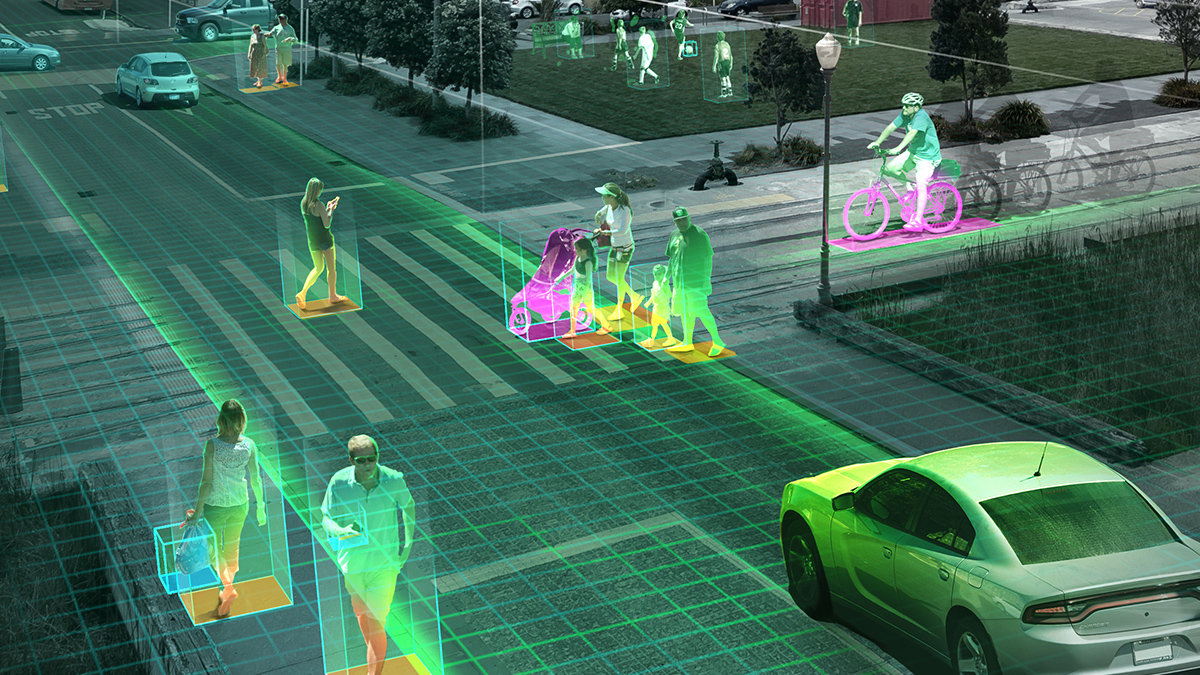As urban centers face growing demands for sustainability, efficiency, and resilience, the integration of digital technologies—particularly artificial intelligence—has become a strategic priority. Smart cities represent a new model of urban governance, where data-driven systems enhance public services and improve quality of life. In Spain, the national government is actively promoting this transformation by supporting municipalities with targeted investments and infrastructure development

The digital transformation of cities is rapidly becoming one of the most defining challenges and opportunities of the 21st century. As urban populations continue to grow, municipalities face increasing pressure to deliver more efficient, sustainable, and inclusive public services. In this context, artificial intelligence (AI) emerges not only as a technological enabler but as a strategic catalyst capable of reshaping how urban spaces are managed, governed, and experienced. During the recent Smart City Expo World Congress, held in Barcelona from November 4 to 6, the Government of Spain—through the Ministry for Digital Transformation and the Civil Service—emphasized the crucial need for coordinated collaboration between central authorities and local governments to fully leverage the potential of digital technologies, particularly AI, in the development of smart cities.
Spain’s Secretary of State for Digitalization and Artificial Intelligence, María González Veracruz, reiterated the importance of forging strong partnerships with municipalities to advance a model of intelligent and sustainable cities. These urban environments are not only characterized by the integration of digital infrastructure, but increasingly by the intelligent use of data and advanced algorithms to optimize decision-making, improve service delivery, and anticipate societal needs. AI, in particular, plays a pivotal role in enabling predictive analytics for traffic management, real-time energy efficiency monitoring, automated waste collection systems, personalized citizen services, and much more. However, the successful deployment of these capabilities demands a robust, interoperable digital infrastructure at the municipal level—an objective that Spain’s national government is actively supporting through substantial investment.
To date, the Spanish Government has allocated over 200 million euros to support the digital transformation of municipalities, financing 59 local modernization projects in cities such as Salou, Lloret de Mar, Terrassa, and L’Hospitalet de Llobregat. These initiatives serve as foundational steps toward building smart city ecosystems where AI solutions can be effectively deployed. They also underscore the government’s recognition that digitalization must permeate every level of territorial governance—not remain confined to the General State Administration. By equipping municipalities with the tools and resources necessary to implement advanced technologies, the state fosters not only greater administrative efficiency, but also socio-economic innovation and competitiveness at the local level.
Among the most significant initiatives recently announced is the upcoming call for the RedCyTI program, with a dedicated budget of 87 million euros. The program aims to strengthen technological infrastructures across municipalities, enabling the deployment of secure, scalable, and high-performance networks and systems. These infrastructures are a prerequisite for the integration of AI technologies, which rely on large-scale data processing, high-speed connectivity, and interoperable platforms. Additionally, the ongoing EDINT program—developed in collaboration with the Spanish Federation of Municipalities and Provinces (FEMP)—provides 13 million euros in funding for twelve data-driven projects across cities including Valencia, Málaga, A Coruña, and Logroño. These initiatives focus on the intelligent use of urban data to enhance mobility, environmental sustainability, and public service management—domains in which AI can exponentially amplify impact through automation, pattern detection, and optimization.
As these programs unfold, the Ministry emphasizes that Spain is taking decisive steps toward a more efficient, interconnected, and innovation-driven public administration. Yet the next frontier lies in establishing a resilient ecosystem that integrates all levels of government with the private sector and civil society, guided by ethical and strategic use of AI. Building such an ecosystem requires not only investment, but also regulatory frameworks, governance models, and digital skills development that ensure AI is used responsibly and inclusively. The government must also anticipate challenges related to data privacy, algorithmic transparency, and the digital divide to prevent new forms of inequality from emerging in the smart city context.
Equally important is ensuring transparency and accountability in how municipalities invest in technology. In this regard, digital tools such as TendersTool and Adjudicaciones TIC provide essential transparency mechanisms by offering real-time data on public procurement processes, including tenders, awards, and centralized purchases across Spain’s public administrations. These platforms are vital for aligning procurement strategies with national digital transformation goals and for facilitating coordination between local authorities and technology providers. Furthermore, they enhance the efficiency and traceability of AI-related investments, ensuring that the adoption of emerging technologies contributes meaningfully to public value creation.
In sum, as cities evolve into complex, data-driven ecosystems, the integration of artificial intelligence—grounded in cooperative governance and inclusive design—will define the success of urban digital transformation strategies. Spain’s commitment to empowering municipalities through targeted investment, infrastructure development, and capacity building reflects a forward-looking vision. By embracing AI not as an isolated tool but as a systemic enabler, Spain positions itself to lead the European smart city agenda while addressing the pressing urban challenges of the digital age.
